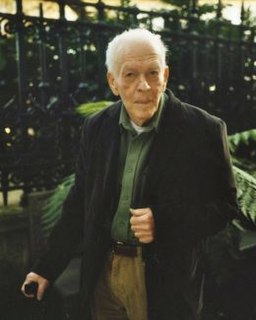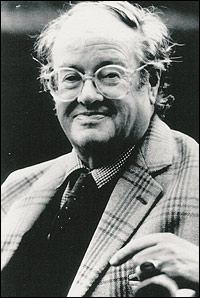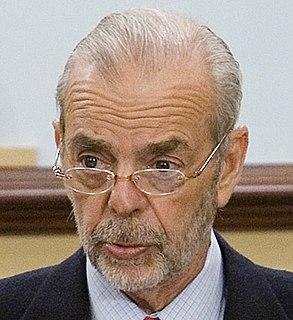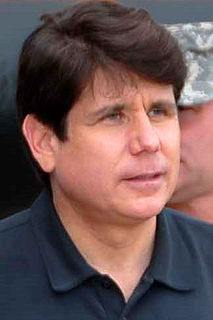A Quote by Hugo Chavez
I neglected my health, and I was reluctant to have medical check-ups. It was a fundamental mistake for a revolutionary, to the Venezuelan people and the international public opinion.
Related Quotes
Whoever sides with the revolutionary people is a revolutionary. Whoever sides with imperialism, feudalism and bureaucrat-capitalism is a counter-revolutionary. Whomever sides with the revolutionary people in words only but acts otherwise is a revolutionary in speech. Whoever sides with the revolutionary people in deed as well as in word is a revolutionary in the full sense.
I think polling is the best way of gauging public opinion - doing something that's independent, that's quantitative, that doesn't give just the loud voices about how things are going; or doesn't give so called experts the notion that they know what public opinion is. I think that's what makes public opinion polling pretty important. Qualitative assessments of public opinion; going out and talking to people and understanding the nuance to what's behind the numbers. I think it's awfully important as well.
You can give your Social Security check to any organization, public or private, or to individuals. You can donate it to your favorite political party. You can give the funds to a student scholarship - for your grandchildren, for example - or to somebody who has a medical need. Or you can invest your government check in free enterprise.
If it is true to say of the lazy that they kill time, then it is greatly to be feared that an era which sees its salvation in public opinion, this is to say private laziness, is a time that really will be killed: I mean that it will be struck out of the history of the true liberation of life. How reluctant later generations will be to have anything to do with the relics of an era ruled, not by living men, but by pseudo-men dominated by public opinion.
I think polling is important because it gives a voice to the people. It gives a quantitative, independent assessment of what the public feels as opposed to what experts or pundits think the public feels. So often it provides a quick corrective on what's thought to be the conventional wisdom about public opinion. There are any number of examples that I could give you about how wrong the experts are here in Washington, in New York and elsewhere about public opinion that are revealed by public opinion polls.
Harriet Washington, in 'Medical Apartheid: The Dark History of Medical Experimentation on Black Americans from Colonial Times to the Present,' documents the smallpox experiments Thomas Jefferson performed on his Monticello slaves. In fact, much of what we now think of as public health emerged from the slave system.











































